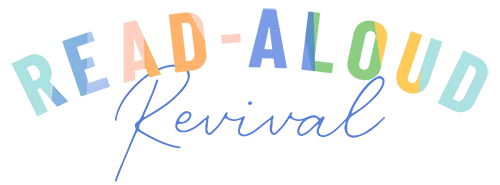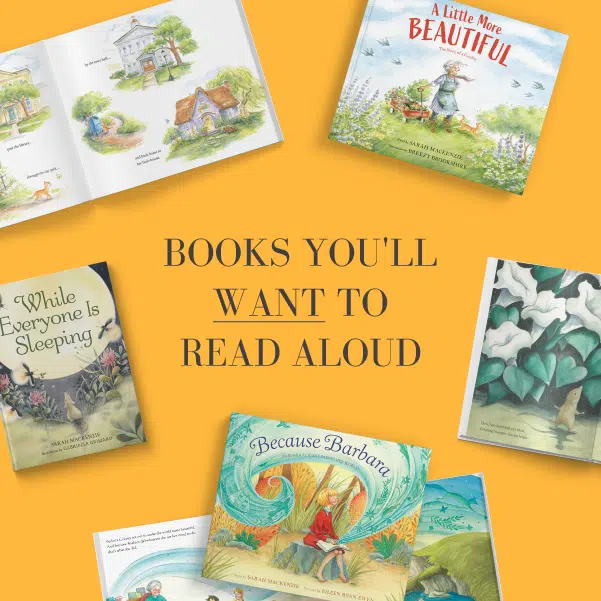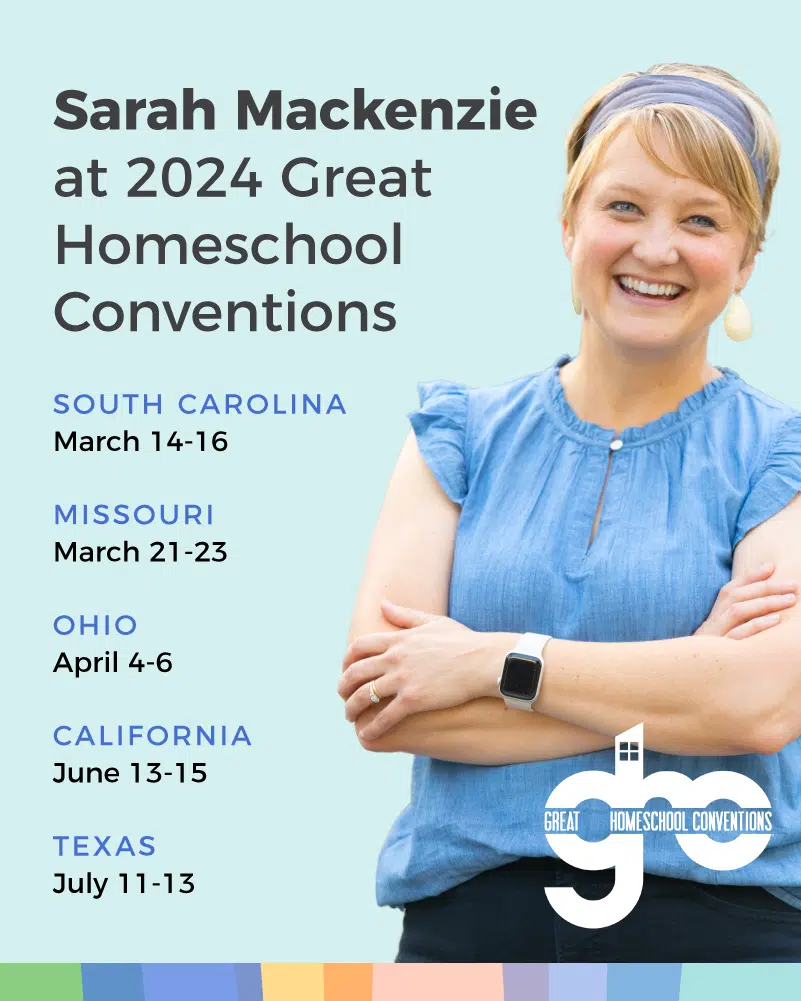I’ve made a lot of mistakes in this last decade of homeschooling my kids. I think my biggest, so far, is this: over-thinking educational philosophies and methods.
You know how many ways there are to homeschool, right? And how many books there are on each and every method? I’ve probably read almost all of them.
Really.
That’s not an overstatement, and that, my friends, is a mistake. Don’t get me wrong- I’m all for self-education, but there is such a thing as overdoing it.
I overdid it. Big time.
Part of my mistake was not just the reading of educational philosophy (because that in itself is not such a bad thing); the mistake was in being easily swayed by so-called educational experts.
For awhile there, I was unable to read a book on any method without feeling like I needed to change something in our homeschooling, even if everything was going fine.
I neglected to do what worked and follow my instincts, in favor of following a particular model or educational pioneer.

I would pick up an Unschooling book and become overwhelmed with guilt that I might be “coercing” my children into learning something they probably didn’t need to know.
I would read Charlotte Mason and think I should be spending “hours in the out-of-doors” every day, regardless of the crummy weather.
I’d read something Classical and decide I was doing my kids a giant disservice by failing to introduce them to latin declensions.
The Moores told me I was likely teaching my kids to read too early; The Well Trained Mind said I was too late.
The Waldorf folks told me computer-based learning should be avoided at all costs, and that workbooks were dull and useless.
The Reggio proponents (who admittedly had me smitten for a good long while) encouraged me to follow my children’s interests and let them steer the curriculum.
There are enough methods and philosophies out there to make a girl’s head spin, but until recently, I never realized that we ought to do what works for us, fits our temperaments, and helps us achieve the goals we are working toward.
What works for the kids in front of you
I read and read and read until I could tell you the ins-and-outs of every educational method under the sun, but I couldn’t tell you what worked for my kids.
Which is ridiculous, really, because I’m not teaching every child under the sun. And yet I knew more about how Reggio education came to be or how Charlotte Mason thought grammar should be taught than about what worked best for my own children.
My nose was always stuck in a book; my face always turned toward a screen.
I was so wrapped up in the how of teaching these children, that I wasn’t really meeting the needs of my actual children.

It was only when I silenced the voices of educational gurus coming from the bookshelf and internet and really paid close attention to my own children that I found our groove.
One does not need to be versed in educational methodology to teach well.
One needs to love her child. Pay attention to him. Notice how he learns- what he understands easily, what hinders his understanding.
On paying attention to our own children
If I had spent those hours watching my children and following my instincts instead of reading up on this or that educational philosophy, I would have reaped greater rewards far sooner.
My children would have received a better education, and I would have been a happier, more-content homeschooling mother.
Just these last couple of years, I’ve started using curriculum programs that were a good fit for my kids’ personalities and my own teaching style, regardless of what any educational method said about them.
I ignored the advice calling out from the bookshelf and did what made sense to do.
Turns out, we like things a bit schooly. I created checklists. My kids switched to a more traditional math program. I started using a scripted phonics program.
Basically, I started doing what worked for my kids, without worrying that I was caving to “school-in-a-box” or that I was failing to perfectly live out any particular educational philosophy.
Because I stopped being distracted by idealistic, romantic notions of educators who have never met my children, we flourished.
Suddenly we were getting in a very solid academic education, and had plenty of free time to go on field trips, read for hours, converse about life, and pursue our own interests to boot.

The difference between learning and over-learning
Don’t get me wrong– I’m not opposed to reading up on educational methods, or brushing up on a teaching skill here or there. I even wrote a homeschooling book myself.
The difference is that I’m no longer over-analyzing, and I’m not ditching methods that are already working well in our home just because an “expert” says I should.
Reading homeschooling books should support the family’s way of learning instead of instilling doubt and stirring a pot that’s already bubbling away rather happily.
I intend to live out the rest of our homeschooling journey without getting sidetracked by the pretty, shiny, romantic notions contained in homeschooling books.
But that’s like saying I won’t make any more mistakes. I’m sure I will.
So I’ll post this now, mostly for myself. It will be a good reminder the next time a promising new homeschooling book lands in my mailbox.
Get 3 FREE sample chapters
Teaching from Rest: A Homeschooler's Guide to Unshakable Peace
by Sarah Mackenzie



